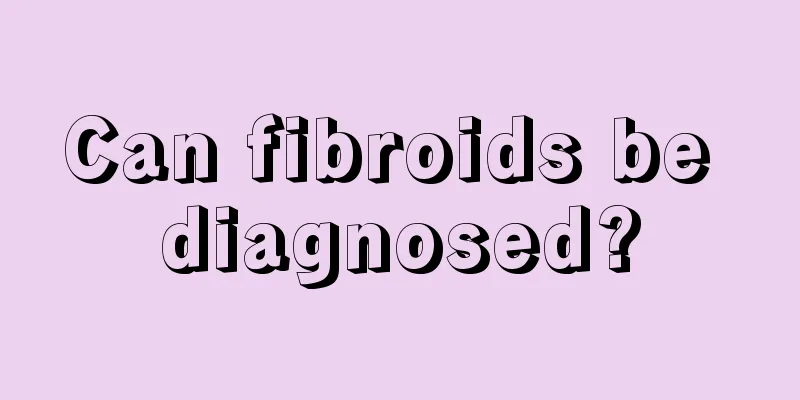What are the symptoms of viral herpes zoster

|
Viral herpes zoster is a viral skin disease, of which shingles is a type. The symptoms of viral shingles are obvious, and there are several main types. Different herpes symptoms are also different. This disease is more common in spring and autumn, so you should pay attention during this period. ⑴ Herpes zoster ophthalmicus: It is caused by a virus invading the ophthalmic branch of the trigeminal nerve. It is more common in the elderly. It is extremely painful and can affect the cornea to form ulcerative keratitis. ⑵ Herpes zoster oticus: It is caused by virus invasion of the facial nerve and auditory nerve, and manifests as herpes in the external auditory canal or tympanic membrane. When the geniculate ganglion is affected and the motor and sensory nerve fibers of the facial nerve are invaded at the same time, a triad of facial paralysis, ear pain, and external auditory canal herpes may occur, which is called Ramsay-Hunt syndrome. ⑶ Postherpetic neuralgia: Herpes zoster is often accompanied by neuralgia, which may occur before the rash, during the rash, and after the skin lesions have healed, but it usually disappears after the skin lesions have completely subsided or within 1 month. In a few patients, the neuralgia may last for more than 1 month, which is called postherpetic neuralgia. ⑷ Other atypical herpes zoster: It is related to the difference in the patient's body resistance, and can manifest as abortive type (no skin lesions, only neuralgia), incomplete type (only erythema and papules appear without blisters and then disappear), bullous type, hemorrhagic type, gangrenous type and generalized type (involving more than two ganglia at the same time, causing skin lesions in multiple areas on the opposite or same side); the virus can occasionally spread through the blood to produce widespread varicella-like rash and invade organs such as the lungs and brain, which is called disseminated herpes zoster. (5) Shingles occurs most frequently in spring and autumn, and is more common in adults. Before the onset of the disease, the local skin often experiences sensory hypersensitivity or neuralgia, accompanied by prodromal symptoms such as mild fever, general discomfort, and loss of appetite. The disease may also occur suddenly without any prodromal symptoms. The affected area first develops erythema, followed by the appearance of numerous clustered papules ranging in size from millet to mung bean, which quickly turn into blisters. The blisters are transparent and clear, with tight and shiny blister walls and a red halo around the blisters. |
<<: What are the symptoms of venous obstruction? There are five main symptoms
>>: What is the reason for ADHD in children born by caesarean section
Recommend
What are the disadvantages of using air conditioning in summer
In the hot summer, people are suffocated by the s...
What are the methods to repair missing teeth
Tooth loss is quite common in our daily life. For...
Long-term hormone therapy is the cause of uterine cancer
Experts say that there are many causes of uterine...
Can't you see the wind during confinement?
In the past, many women developed health problems...
Can soap be used to wash your face? What are the benefits?
Many people have used soap to wash their faces, b...
Stomach discomfort is caused by cervical spondylosis
Sometimes I feel stomach discomfort, but after ex...
What are the symptoms of acute pharyngitis
Acute pharyngitis affects and troubles many peopl...
What is the most effective way to prevent liver cancer? 4 good ways to actively prevent liver cancer
Liver cancer is one of the most common malignant ...
What are the main uses of lotus root starch
Lotus root powder is the processed lotus root tha...
Let’s take a look at what are the early symptoms of colon cancer?
Everyone has heard of colon cancer. But how much ...
Common misunderstandings in the treatment of ovarian cancer
Ovarian cancer is a malignant tumor that is extre...
What is the cure rate of mid-term symptoms of liver cancer
Liver cancer is one of the most harmful malignant...
Hepatitis A is hereditary
Liver disease is becoming more and more common in...
How long after teratoma surgery can I walk and exercise normally?
It usually takes 1-2 weeks to recover after terat...
Can I eat tomatoes if I have high blood sugar? What are the benefits of tomatoes?
People with high blood sugar must pay attention t...









